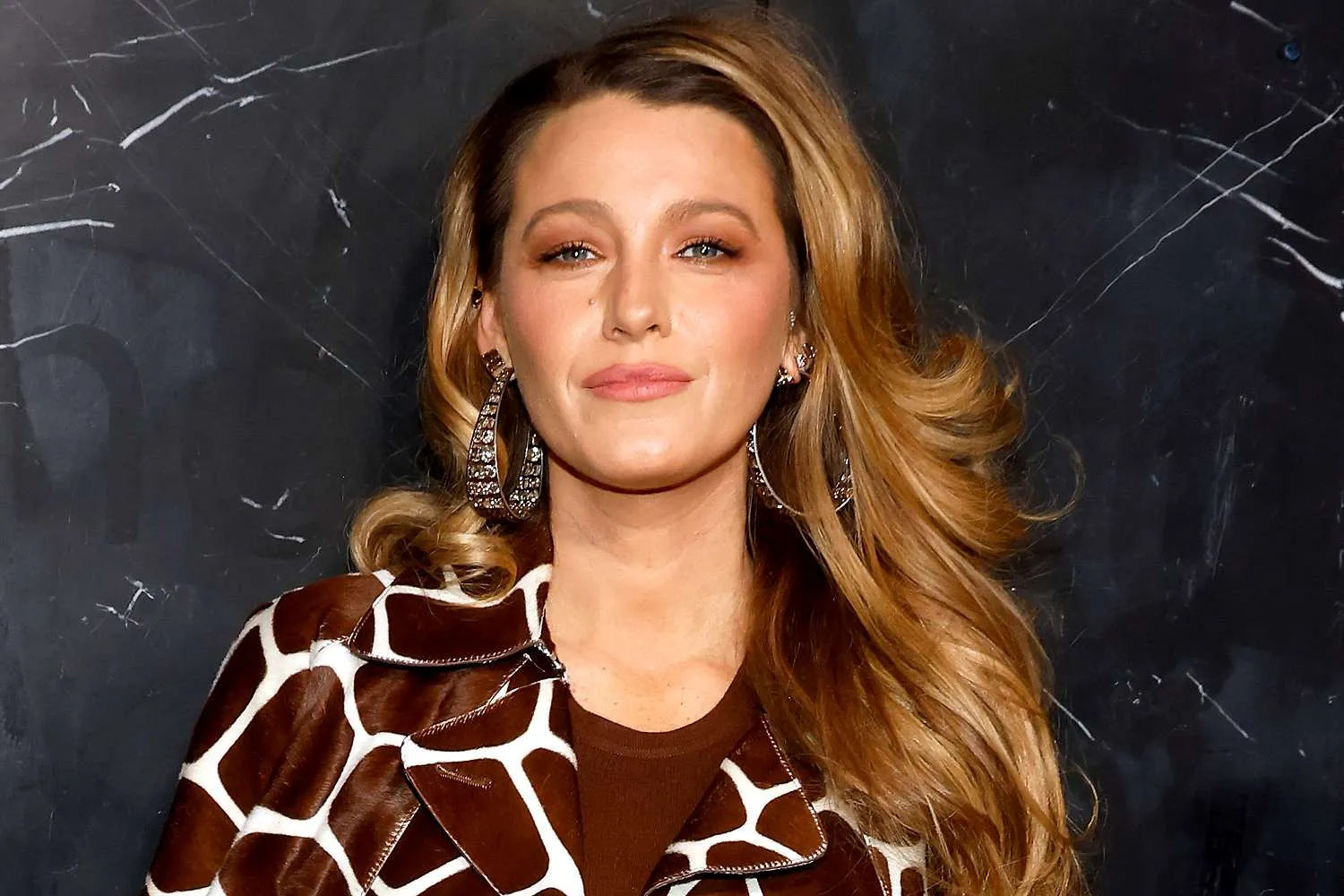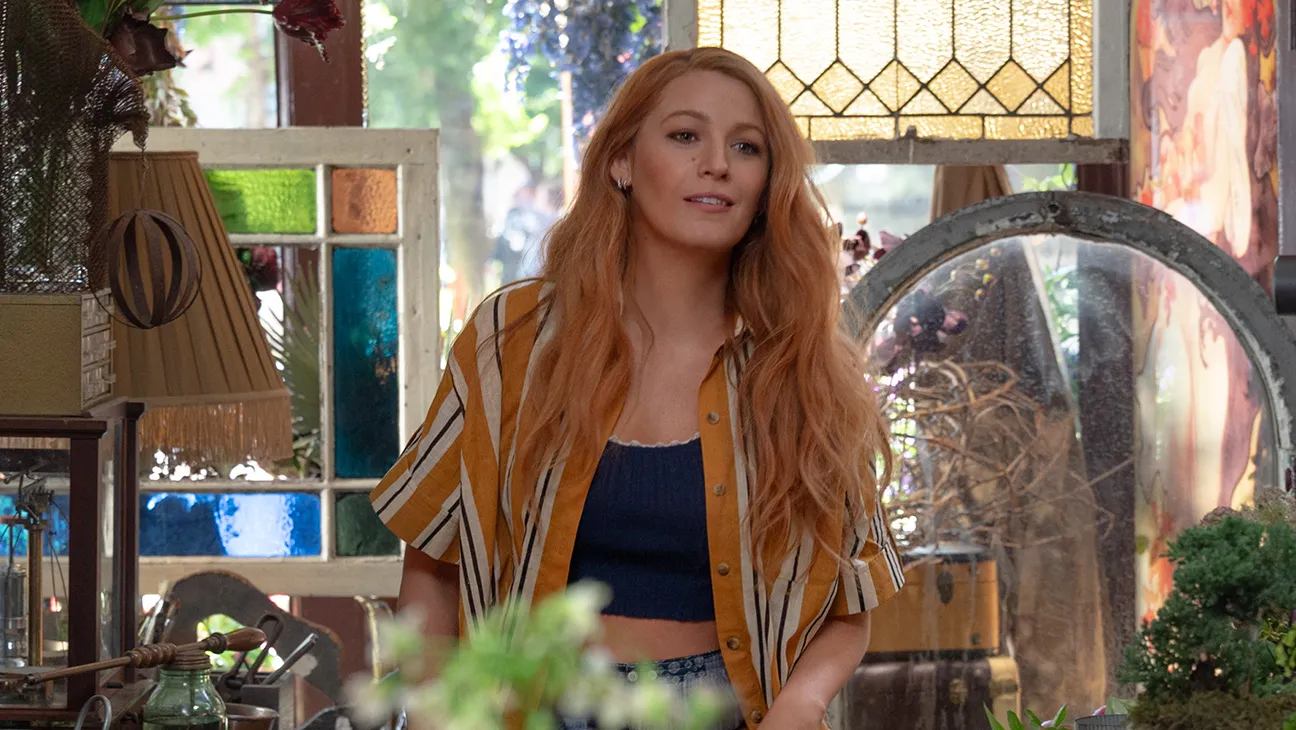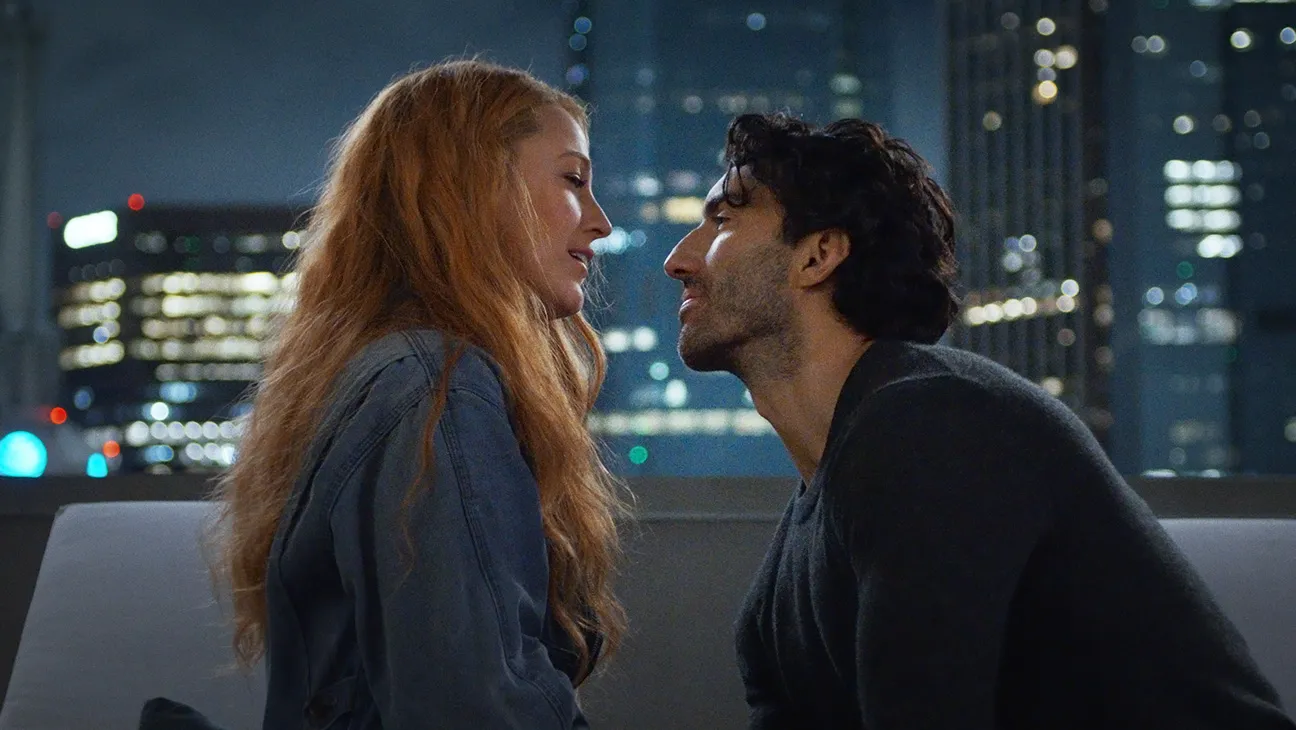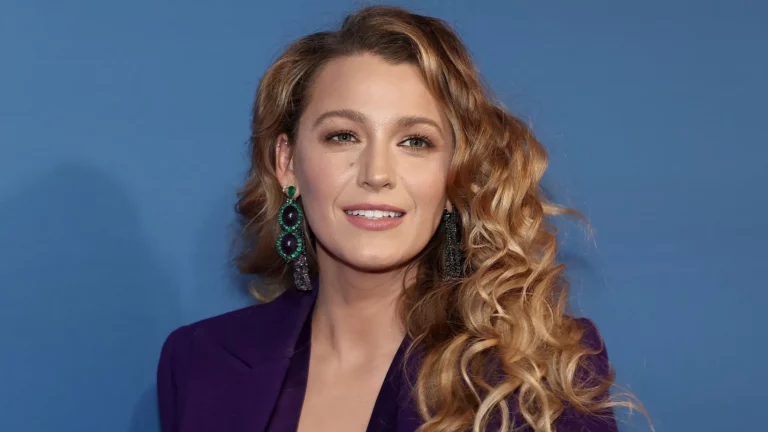Blake Lively has once again captured the spotlight with her latest role in “It Ends With Us,” a film adaptation of Colleen Hoover’s best-selling novel. Amidst the shimmering success of the movie, Lively’s performance has sparked discussions on both her artistic prowess and the controversies enveloping her and the film’s director, Justin Baldoni.

A Blend of Art and Controversy
“It Ends With Us” explores heavy themes of domestic violence and toxic relationships, portraying the tumultuous life of Lily Bloom. Lively’s portrayal of Lily, who navigates the abusive cycles perpetuated by Ryle, portrayed by Baldoni, has not only garnered critical acclaim but has also led to emotional outpourings from the audience. The film, despite its controversies, has proven to be a commercial success, grossing over $351 million against a budget of just $25 million.
However, the film’s promotional journey was anything but smooth. Earlier in its release, Lively filed a complaint against co-star and director Justin Baldoni, accusing him of sexual harassment and retaliation. An investigation later exposed a smear campaign orchestrated by Baldoni, which added fuel to the existing fire surrounding the film.
The Emotional Toll of Filming
In an interview with Jake’s Takes, Lively shared her emotional experiences during and after the film’s production. When asked if she had ugly cried during the movie, Lively quipped, “Other than Nicole Kidman, like, who cries cute? Because the word ugly cry comes up but like it’s the same thing.” This statement not only lightened the mood but also highlighted the often unspoken reality of emotional vulnerability on screen.

Her co-star Brandon Skelnar, who plays Atlas in the film, also shared that the film’s intense scenes frequently moved him to tears, demonstrating the cast’s deep engagement with their roles.
Lively’s View on Her Emotional Expressions
Addressing her own reactions to the film, Lively revealed that despite the challenges faced during the filming and release phases, the movie still moved her deeply. “Oh, I suffer from toxic masculinity. So, absolutely not… I cry in movies and yeah I obviously cry in real life too. But this movie, it still makes me cry yeah there are still moments where…but I love these characters so deeply and I’m so proud of the work that we all did in this movie,” she explained.
The film’s portrayal of sensitive issues, combined with the real-life drama behind the scenes, has made “It Ends With Us” a poignant narrative that resonates with many. Lively’s candidness about her emotional responses, both on and off screen, serves as a powerful reminder of the impact that art can have on both its audience and its creators.

Despite the hurdles, “It Ends With Us” stands as a testament to the power of storytelling and the importance of addressing serious social issues through cinema. Blake Lively’s performance, underscored by her genuine engagement with the character and the story, continues to inspire discussions about resilience, vulnerability, and the art of filmmaking. As audiences and critics alike reflect on the film’s impact, Lively’s reflections offer a unique insight into the complexities of bringing such a deeply emotional story to life.
